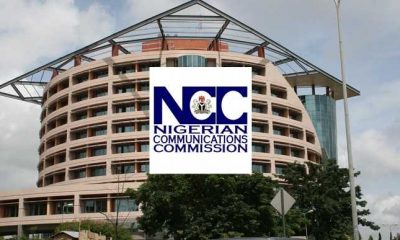Headlines
90% of Nigerians will be computer-literate by 2030–Pantami

Nasiru Yusuf
The Minister of Communications and Digital Economy Dr Isa Ali Pantami has revealed plans by the Federal Government to make at least 90 percent of Nigerians computer-literate by 2030.
The minister expressed optimism that at least, 90 percent of Nigerians will be digitally literate by the end of the decade as all agencies in the ministry will be involved in series of training and retraining.
Mr Pantami was speaking at a media parley with journalists in Abuja.
He explained the goal of turning Nigeria digital by making citizens computer-literate, owning a digital device (which the agencies in the Ministry have been assisting to facilitate), having access to the Internet, owning a bank account that can be accessed and operating digitally and online.

The Minister said beyond financial services, the Federal Government hopes to see majority of the citizens undertake many activities electronically.
According to him, this is in line with re-designation of the Federal Ministry of Communications to Federal Ministry of Communications and Digital Economy by President Muhammadu Buhari.
The Minister said the re-designation was done to position Nigeria for the gains of digital economy and to achieve the central focus of the ministry to migrate the nation to a digital economy.
He said this is particularly significant as it enables Information and Communication Technology to mobilise other sectors and align with the Economic Recovery and Growth Plan (ERGP) of the Federal Government.
The minister revealed that the federal government had directed the ministry to develop and implement a national digital economy strategy.
According to him all government parastatals are connected to the strategy in view of the centrality of ICT to development in other sectors of the economy, adding that the role of the Ministry is to coordinate the implementation of the policy and the strategy.
Mr Pantami revealed that different sections of the population are targeted for training and retraining, including women, youths, journalists, civil servants and those who obtained school certificate but unemployed.
The broadband plan
He explained that the 2020-2025 Broadband Plan is expected to be ready within the first quarter of 2020 and the plan is to ensure that all unserved and underserved areas have access to broadband services.
He said the Federal Government and the Ministry are encouraging many institutions to host their data in Nigeria as he promised to continue the advocacy.
The Minister emphasised that digital innovation and digital entrepreneurship are particularly important in ensuring increase in Nigeria’s GDP.
He made a comparison between Nigeria and Massachusetts Institute of Technology (MIT) by stating that Nigeria’s GDP is $397 billion while MIT’s GDP is about five times higher, and attributed the disparity largely to inputs of digital innovation and entrepreneurship.
The Minister, however, explained that Nigeria is so blessed and needs to leverage that potential to ensure her teaming youths acquire enduring “skills that will make them to be potential employers rather than potential employees”.
Mr Pantami expressed optimism to seeing more Nigerians use the social media to support the digital economy by engaging it to achieve legitimate economic prosperity rather than promotion of division and hatred.
According to him, since September 25th, 2019, no Subscriber Identification Module (SIM) card has been used in Nigeria without being properly registered.
“You may buy a SIM card but you cannot activate it to use unless it has been properly registered, and NCC will provide biodata of any improperly-used SIM card to the police or other security agencies within 24 hours whenever it is required.
“Life is more important than material benefits of having many SIM cards in circulation, and in any case, blocking improperly registered SIM cards did not diminish the contribution of ICT to GDP,” he said.
‘NIPOST should collect stamp duty’
On the challenges of the Nigerian Postal Services (NIPOST), the Minister stated that the Ministry has made presentation to the Federal Government that NIPOST should be the collector of stamp duty and not the Federal Inland Revenue Service (FIRS) and by implication the Federal Ministry of Finance,.
“So, we have challenged the status quo about the collection of stamp duty,” Dr Pantami said.
The Minister also unveiled the plan for the transformation of NIPOST with regard to undertaking a total restructuring and transformation.
“We will also commercialise some activities of the organisation by registering few companies to ensure the renovation and commercialisation of dilapidated NIPOST structure all over the country starting with NIPOST facilities in major cities,” he said.
The briefing was attended by chief executive officers and management staff of the FMoCDE and its agencies, including Ubale Maska, NCC’s Executive Commissioner Technical Services, who represented the EVC of the Commission, Prof. Umar Danbatta.
Other are Adeleke Adewolu, NCC’s Executive Commissioner, Stakeholder Management; Managing Director of Nigerian Communications Satellite (NIGCOMSAT) Abimbola Alale, Chairman of Nigerian Communications Satellite (NIGCOMSAT) Inuwa Kashifu Abdullahi and the Managing Director of Galaxy Backbone Limited Prof. Mohammed Abubakar.

Headlines
Kano business community thanks FG for N5bn Singer market relief
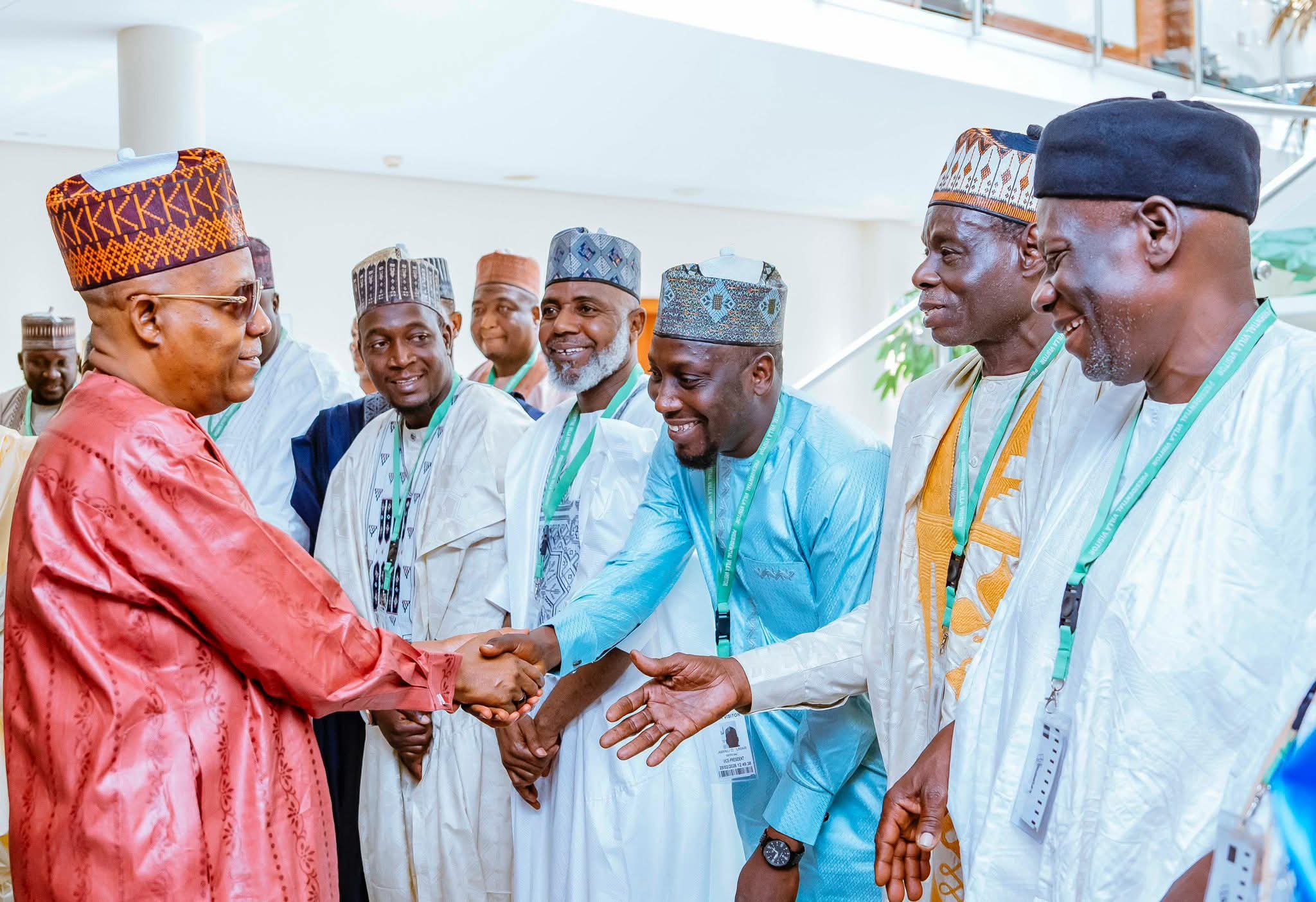
Nasiru Yusuf Ibrahim
Nigeria’s Vice President, Kashim Shettima, on Tuesday received a delegation from the Association of Kano Business Community at the Presidential Villa, Abuja, during a thank-you visit to President Bola Ahmed Tinubu.

KANO FOCUS reports that the delegation expressed appreciation to the Federal Government for its support to traders and other victims affected by the recent fire incident that razed several sections of the popular Singer Market in Kano.
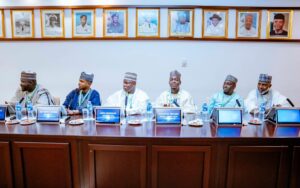
Speaking during the meeting, the Vice President reaffirmed the Federal Government’s commitment to collaborating with the Kano State Government and relevant agencies to prevent a recurrence of fire outbreaks in markets across the state.
He assured the delegation that President Tinubu has the interests of Kano people at heart, noting that the N5 billion approved as immediate relief for victims was based on the findings of a preliminary assessment of the damage caused by the inferno.
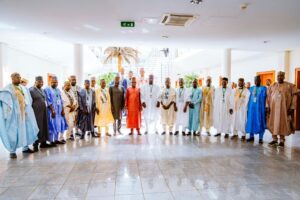
Shettima reiterated that the Federal Government would continue to support efforts aimed at restoring commercial activities and strengthening safety measures in markets to protect lives and property.

Headlines
Kano Govt inaugurates 23-member committee to disburse Singer market fire relief
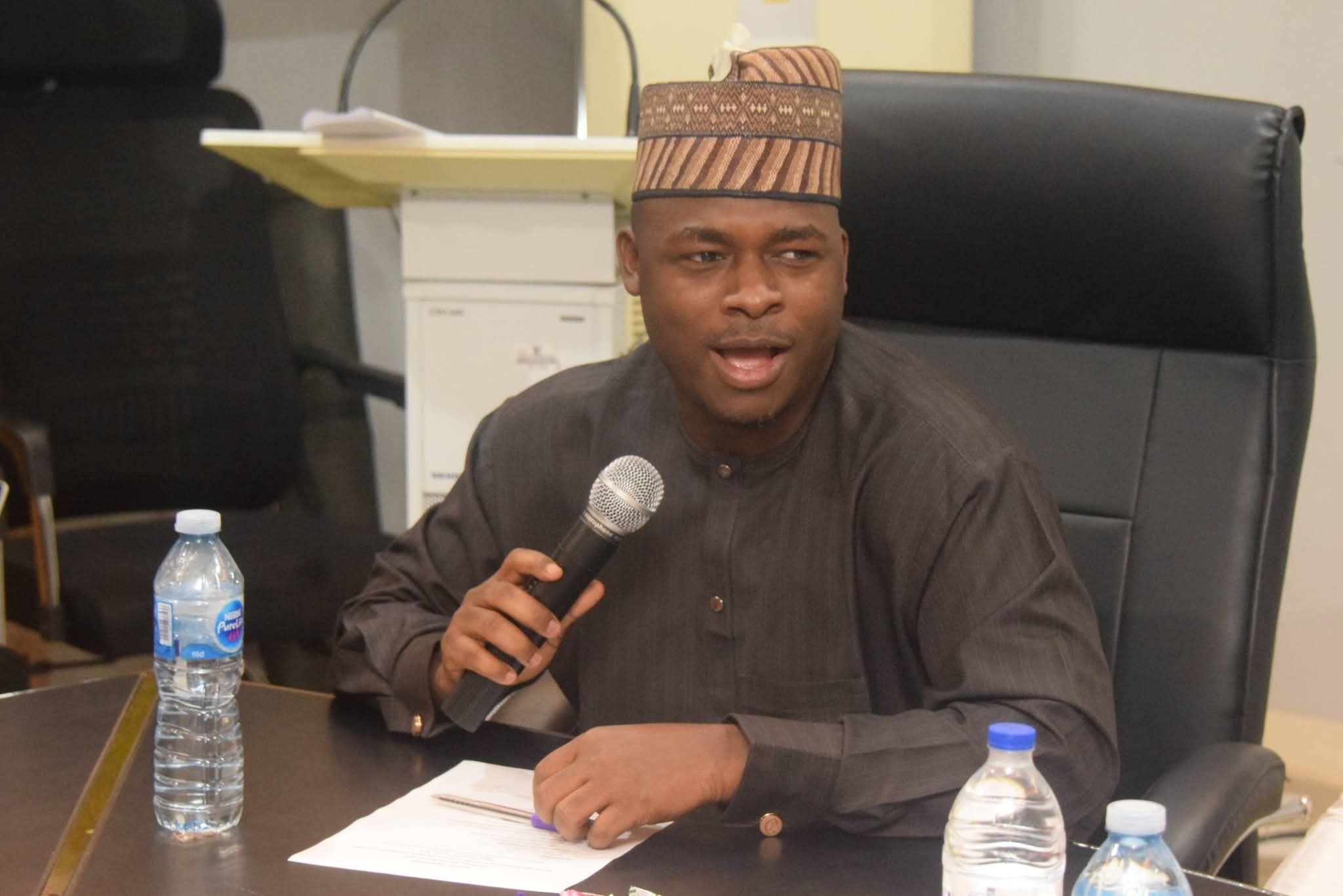
Nasiru Yusuf Ibrahim
The Kano State Government has inaugurated a 23-member committee to oversee the transparent and equitable distribution of financial assistance and relief materials to victims of the recent Singer Market fire disaster.

KANO FOCUS reports that the inauguration was carried out on behalf of the Secretary to the State Government, Umar Faruq Ibrahim, who chairs the committee. The event was presided over by the state Attorney-General and Commissioner for Justice, Abdulkarim Kabiru Maude.
According to the Attorney-General, the committee comprises representatives from key government agencies, security services, the Kano Emirate Council, religious leaders, and affected traders.
He said the panel’s mandate includes assessing the extent of losses, verifying genuine victims, ensuring timely distribution of support, and recommending measures to prevent future fire incidents.
The intervention follows support approved by President Bola Ahmed Tinubu, as well as contributions from the APC Governors Forum. It also comes in addition to earlier assistance provided by Governor Abba Kabir Yusuf and the Deputy Senate President, Barau I. Jibrin.
The state government reaffirmed its commitment to supporting victims of the disaster and restoring commercial activities at Singer Market.

Headlines
Kano Govt announces March 1 for schools’ Ramadan break
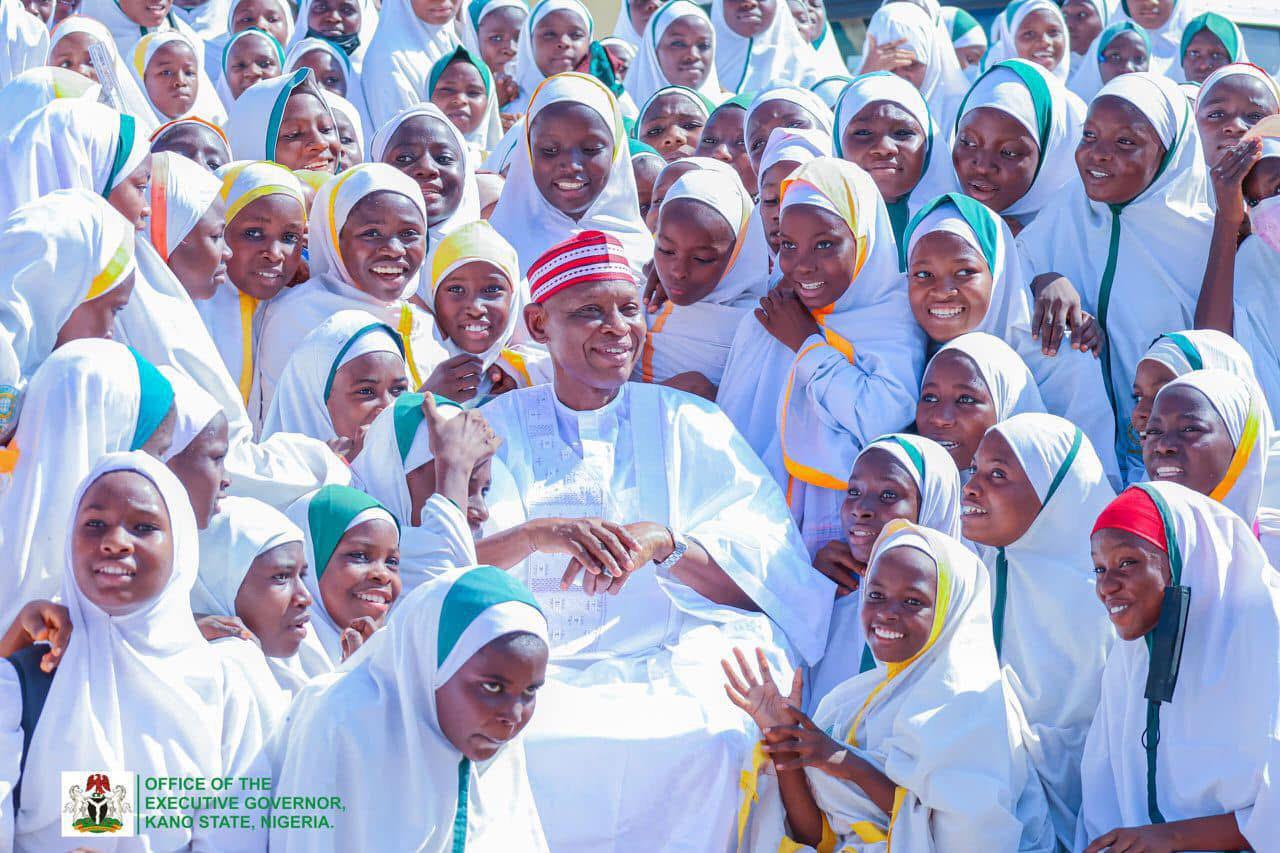
Nasiru Yusuf Ibrahim
The Kano State Government has announced Saturday, March 1, 2026, as the commencement date for the Eid-el-Fitr break for all public and private primary and post-primary schools in the state.

KANO FOCUS reports that the announcement, contained in the approved 2025/2026 academic calendar, applies to both day and boarding schools across the state.
According to a statement issued by the Director of Public Enlightenment, Musbahu Aminu Yakasai, parents and guardians of pupils and students in boarding schools are expected to convey their wards home by the early hours of Friday, February 28, 2026.
The statement further explained that boarding school students are to resume on Sunday, March 22, 2026, while day students are to resume on Monday, March 23, 2026.
It added that the second term will continue from Sunday, March 22, 2026, and end on Saturday, April 18, 2026.
The government directed all public and private schools in the state to comply strictly with the directive, warning that non-compliance would be treated as a breach of government instructions.
The Commissioner for Education, Ali Haruna Abubakar Makoda, urged parents and guardians to ensure full compliance with the approved resumption dates.
He appreciated parents and residents of the state for their continued cooperation and support to the ministry, and wished pupils and students a successful completion of the Ramadan fast and hitch-free Sallah celebrations.






